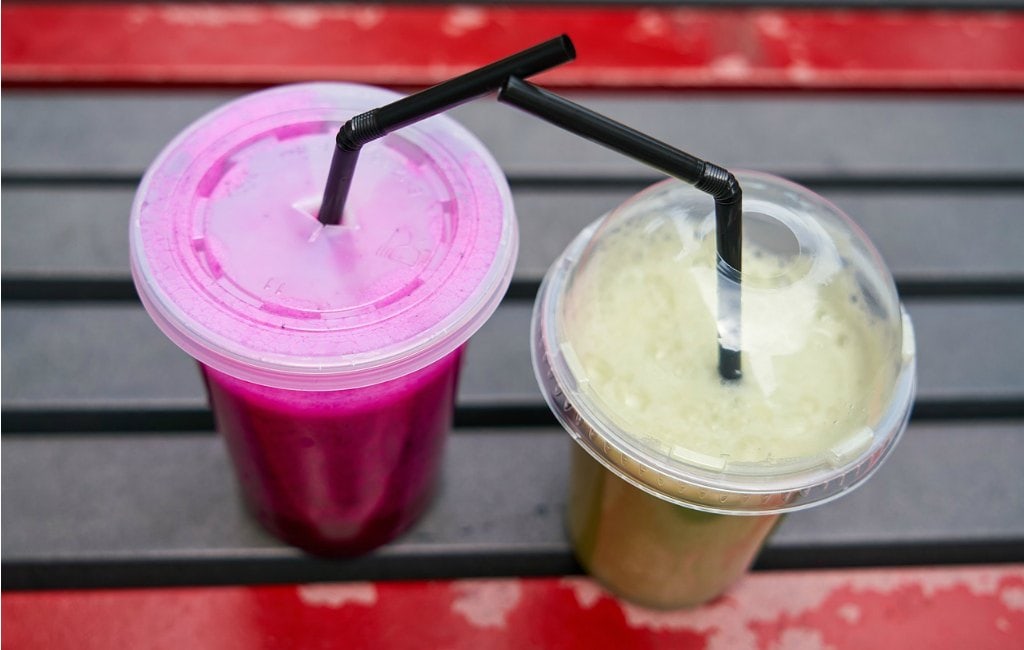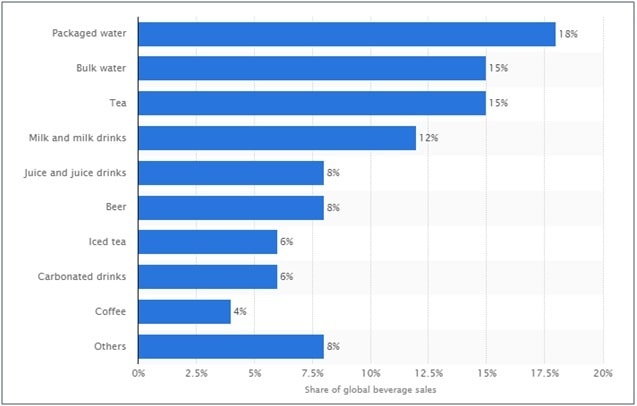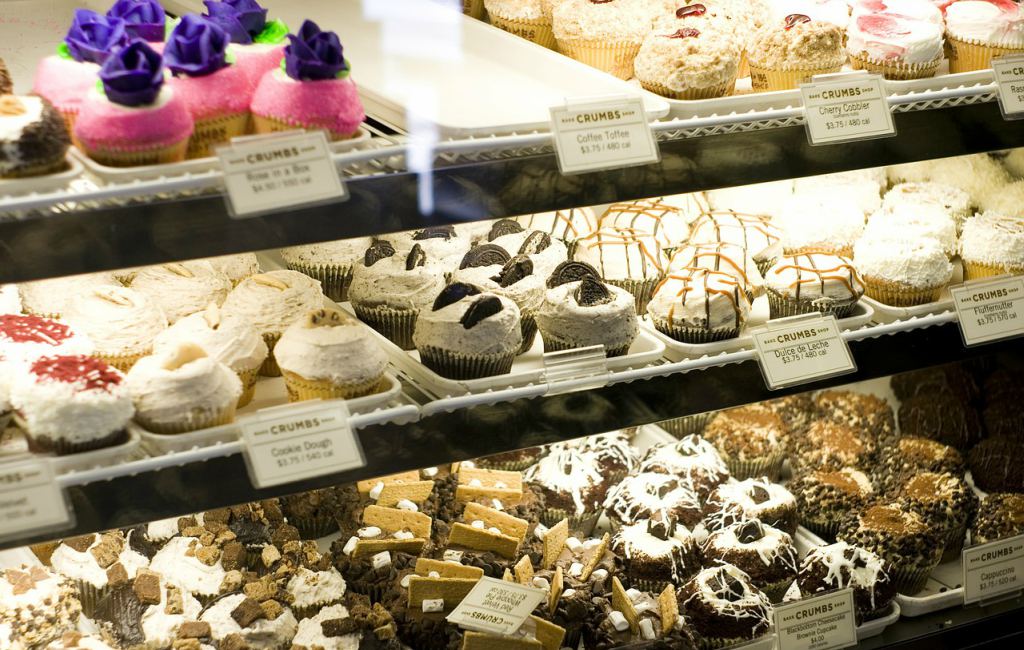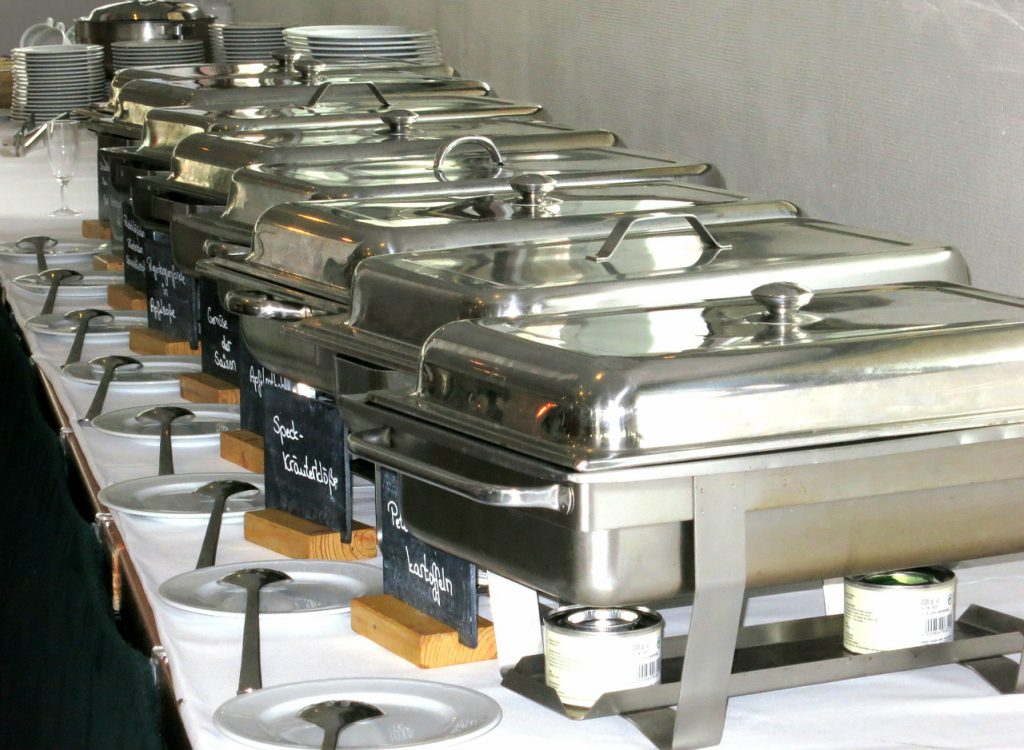There is no doubt that a beverage business is lucrative owing to a wide audience that it can cater to. But one cannot deny that starting a beverage business involves a lot of complexities and legalities. A report by Business Wire has highlighted that the worldwide beverage industry is expected to reach an estimated $1.9 trillion by the end of 2021 with an expected CAGR growth of 3% from 2016 to 2021. The major factors attributed to this sudden spurt in beverage business are increased disposable income and growth of urbanization. The rise of health focused trends like the use of natural flavors and sweeteners keeping in mind the need for consumers’ health have impacted the dynamics of the beverage industry significantly.
The beverage industry is primarily bifurcated in the following categories:
- Juices
- Health drinks
- Mineral Water
- Energy drinks
- Fizzy drinks
- Teas and coffees (These beverages work differently so Click Here for more details).
- Sparkling waters and
- Alcoholic beverages. (Since we do not promote the use of alcoholic drinks, we would not be discussing them)
First, let us take a look at how much each beverage contributes in the total industry. A recent report from Statista has highlighted the global beverage sales of different beverages from 2011 to 2016. According to this report, sales for packaged water alone accounts for 18% of the global beverage sales. In 2015, Mexico recorded the largest consumption of bottled water in the world. Another popular research has found out that the market for beverages in India is close to INR 195,000 and is growing at a rate of 20-23% every year.
Let us now discuss some of the steps that can help an entrepreneur in starting a business in the beverage industry, right from procuring raw materials to logistics to processing and finally to generating profits. You can also read our article on ‘Basic Steps to start a business’ alongside to get a better clarity on starting a beverage business successfully in which we have mentioned about Idea Development, Raising Initial Capital etc.
-
Raw Materials
Manufacturing a beverage involves a wide range of raw materials, depending on the type of beverages that you are catering to. Water bottles are predominantly an essential part of all beverages manufacturing. The key is to look for easy availability of raw materials and set up facilities near the source of raw materials to expedite the process. Some of the factors that can delay a regular delivery schedule comprise of a glitch at the site of a supply source, transportation issues or bad weather fluctuation.
For instance, a juices manufacturing plant might need sugar, preservatives and natural fruits as some of their raw materials. And so, the proximity of fruits gardens to the factory is essential to ensure a fresh supply of fruits at all times. Similarly, for a mineral water bottle business, your factory should be located near a large source of natural water supply like river, waterfalls etc. After all, a smooth supply operation and well-managed inventory ensure a scheduled and timely production.
-
Infrastructure
Like mentioned above, the right choice of location is a must to set up a factory that is into beverages. In most cases, the factories are located in the outskirts of the cities keeping in mind environmental health hazards, but in some cases like cold drinks factory, care needs to be taken to design a state of the art modern manufacturing facility with high-speed technologies. One such example is the newly built state of the art plant for Coca-Cola Bottling Company in Baton Rouge, LA that is built over a 781,000-sq ft LEED certified Greenfield plant. It currently runs 4 packaging lines that produce 4.5 million 8-oz servings per day.
-
Machinery
Once the right kind of infrastructure has been set up, the next important aspect to keep in mind is the use of right kind of tools and machinery. Especially in a manufacturing business, it has been observed that business owners choose the basic machinery that is cheaper, in order to facilitate cost cutting. However, one must never compromise on the quality of machinery while setting up a manufacturing unit. At all times, it must be ensured that the high-quality machinery and modern tools and equipment like mixers, refrigerators, compressors, blending systems, carbo coolers and more are employed to be used in the factories.
-
Processing
Every beverage processing involves a distinctive technique that determines the make or break of the success of that particular beverage. It is also important to ensure the safety of the formula that goes into the manufacturing of a beverage. For instance, consider the beverage giant Coca Cola Inc. The secret formula of Coca Cola is a well-guarded secret with a rich history that dates back to over 125 years. Also, at any given time, only 2 people know how to mix the 7X flavoring ingredient that gives Coke its unique taste and bubbly burn. Also, the company forbids these 2 people to travel together in the same plane, to ensure that the formula is intact at all times.
So, especially in a beverage business, taste matters the most, while quality and health play a secondary role. However, health and energy drinks are exceptions here where taste is a secondary concern. And factors like how well a company is able to maintain the taste of their beverage, processing time, preservatives, presence of insects in drinks, cleanliness, taste variation over packaging, weight variation, expiry date, hygiene etc. determines the shaping up of the company’s reputation in a big way and helps in building trust.
-
Marketing and Branding
Employing right kind of marketing and branding strategies play a crucial role in shaping the success of a beverage business. A well-informative and enticing logo should be such that it is easy to comprehend and that helps the audience to relate to the meaning of the brand in the most coercive manner. Consider for example the case of energy drinks giant Red Bull. The company had 2 logo options to choose from, one with the smiling face of a bull and the other with 2 bulls fighting with each other. Keeping in mind the kind of audience Red Bull caters to, the makers chose and adopted the latter one to give a significant impact on their brand.
Additionally, the choice of a right advertising agency and brand ambassadors play a crucial role in giving a meaning to a particular brand. There is another aspect that audiences keep in mind while choosing a particular brand-Packaging. Quite often, the audience gets pulled towards a brand just by the look of their packaging, especially the enticing bottle designs. Consider for instance the attractive looking bottles of Keventers, the popular milkshakes brand in Delhi/NCR where in many cases, customers are tempted to buy them just because of how attractive these bottles look.
-
Selling
At last, an effective sales strategy is important in a beverage business. Depending on the nature of your business and the kind of drinks involved, you must be clear that you need to land your business to the right kind of deals with wholesalers, direct sales or on e-commerce platforms.
Pricing is another key element that is of utmost importance and should be chosen carefully. In a beverage business, it is important to have huge margins in manufacturing and selling costs as the marketing and overhead costs incurred are high. Without huge margins, a beverage business is less likely to sustain. For example, the production costs of coca cola drinks are usually a fraction of their selling price. They set the price of a 200 ml bottle to be around INR 8, whereas the manufacturing cost is only INR 1-2. What really costs the coca cola companies is marketing and distribution.







Can you provide rough figures to start a fizzy drink business and what kind of employees are needed?